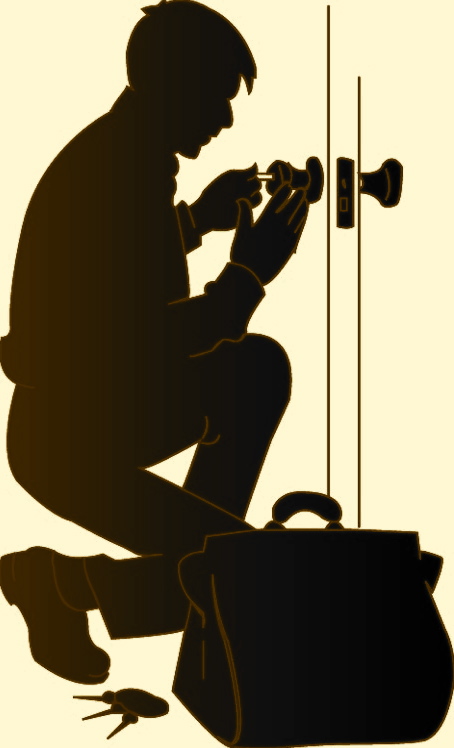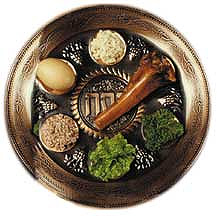 In the spring of 1961, my parents lost their clothing store. It was not a tragedy. It was the final breath of a pain-wracked patient, the welcome demise of Cotlers’ Men’s & Boys’ Wear. After 15 years of stress and challenge, the crushing uncertainty—will today’s receipts cover the checks written yesterday?—that often caused my father to arise, throw up, and then go to work, was gone at last. Now he had abruptly switched from merchant to used car salesman. He didn’t like the work, but his complexion had gone from gray to pink.
In the spring of 1961, my parents lost their clothing store. It was not a tragedy. It was the final breath of a pain-wracked patient, the welcome demise of Cotlers’ Men’s & Boys’ Wear. After 15 years of stress and challenge, the crushing uncertainty—will today’s receipts cover the checks written yesterday?—that often caused my father to arise, throw up, and then go to work, was gone at last. Now he had abruptly switched from merchant to used car salesman. He didn’t like the work, but his complexion had gone from gray to pink.
In June, he would finally graduate from high school 30 years after dropping out during the Depression. I had tutored him in chemistry. It was my thrill, and he was an avid student. His plan was to attend Hebrew Union College in LA and go from unpaid, part- to full-time, paid cantor. I was graduating from high school, too, and was only a few days from the mail that would tell me I had gotten into Harvard.
On the morning before the first night of Passover, Dad got a phone call from the attorney who represented the store’s creditors. A man would be coming up from LA to change the locks on the store. Dad had asked for an extension…one last chance: would they extend his credit through the end of the year? If he were allowed to sell though the lucrative Christmas season, he could pay 100 cents on the dollar and have something left over for himself. The attorney refused; his clients were prepared to accept the surety of less now.
 In the early afternoon, a small, 60ish man arrived at the store, checked the doors, and began calling locksmiths. None were available until the next morning. He’d have to spend the night at a motel. He was visibly upset.
In the early afternoon, a small, 60ish man arrived at the store, checked the doors, and began calling locksmiths. None were available until the next morning. He’d have to spend the night at a motel. He was visibly upset.
Realizing what the real problem was, my father asked, “Mr. Klein, would you like to come to my temple for Pesach?”
Embarrassed to be offered a kindness by the man whose business he was shutting down, Mr. Klein demurred, but Dad insisted, and when Mr. Klein agreed, Dad continued, “And before…you’ll come to my home for the seder.”
Mr. Klein, now truly uncomfortable at such generosity, tried to back out, but he was trapped by his own need to once again relive the Exodus story.
 Our seder started early. There were eight of us: Mom, Dad, younger brother Doug, and me; an aunt and uncle; my grandmother (who had been cooking for days); and Mr. Klein. Dad led us through the Haggadah, but stopped before the last cup of sweet wine.
Our seder started early. There were eight of us: Mom, Dad, younger brother Doug, and me; an aunt and uncle; my grandmother (who had been cooking for days); and Mr. Klein. Dad led us through the Haggadah, but stopped before the last cup of sweet wine.
“Excuse me, Mr. Klein. I have to leave for the synagogue.”
Mr. Klein started to stand up. Perhaps the seder, which did not seem to be completed, was actually over.
“Sit. Sit,” Dad gestured. “Stay and finish the seder. I’m the cantor. I need to get there early.”
Mr. Klein paled noticeably, “You’re the cantor? The cantor! I have evicted—oy vey!—the cantor on the first night of Passover! Please, this cannot be true.”
My father smiled broadly, walked around the table and placed a hand softly on Mr. Klein’s shoulder.
“The ten plagues God brought down upon the Pharaoh? Boils, frogs, locusts?”
“Yes, of course,” mumbled Mr. Klein.
“And the final plague, the killing of the Egyptians’ first-born?”
Mr. Klein, still abashed, nodded dumbly as Dad put on his suit coat.
“What saved the Jews was a mark on their doors, correct?” He didn’t wait for Mr. Klein to answer. “Finish the Haggadah. Finish your Pesach meal. Then come to temple with my family. You are an angel of mercy,  Mr. Klein. You have marked my doors. And by tomorrow, the pain of that meshuggenah store will have passed over my family.”
Mr. Klein. You have marked my doors. And by tomorrow, the pain of that meshuggenah store will have passed over my family.”
And with one more word, my father exited.
Mr. Klein’s lifted his face from his hands and softly repeated my father’s parting word, “Shalom.”





